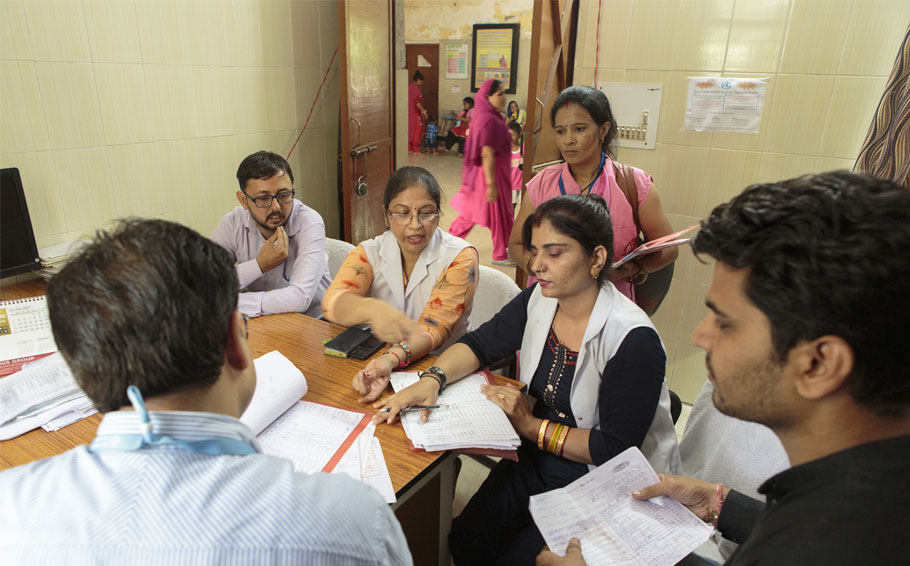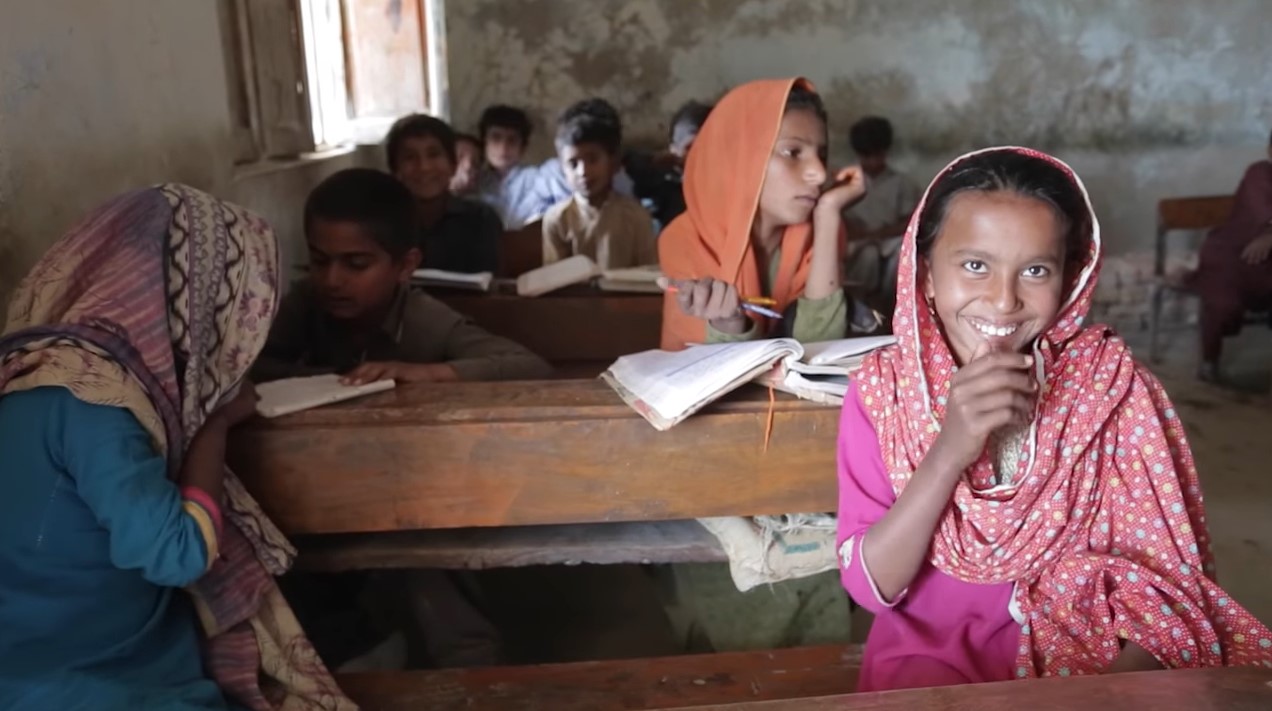Country Stories
Meeting local needs, contextualizing interventions, and scaling effective programmes across regions and countries: Read how Member States and partners leverage multisectoral collaboration and engage stakeholders to co-designand scale evidence-informed and effective NCD prevention and control.
Are you ready to share your story?
Submit your country story to the KAP

